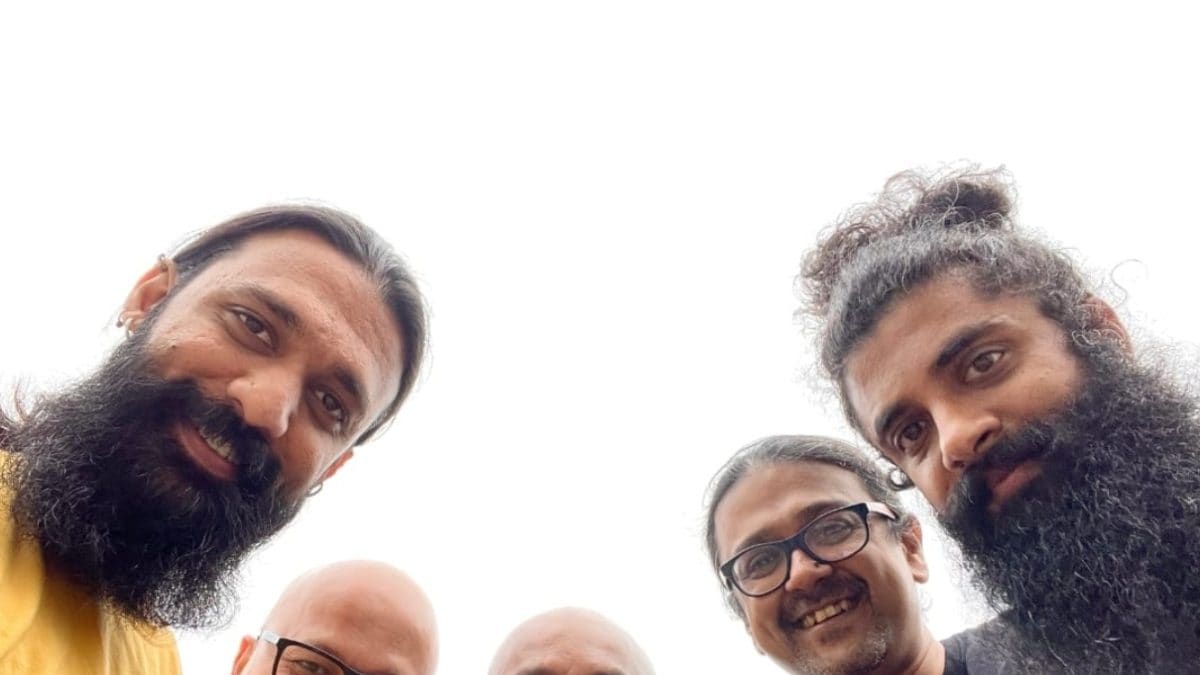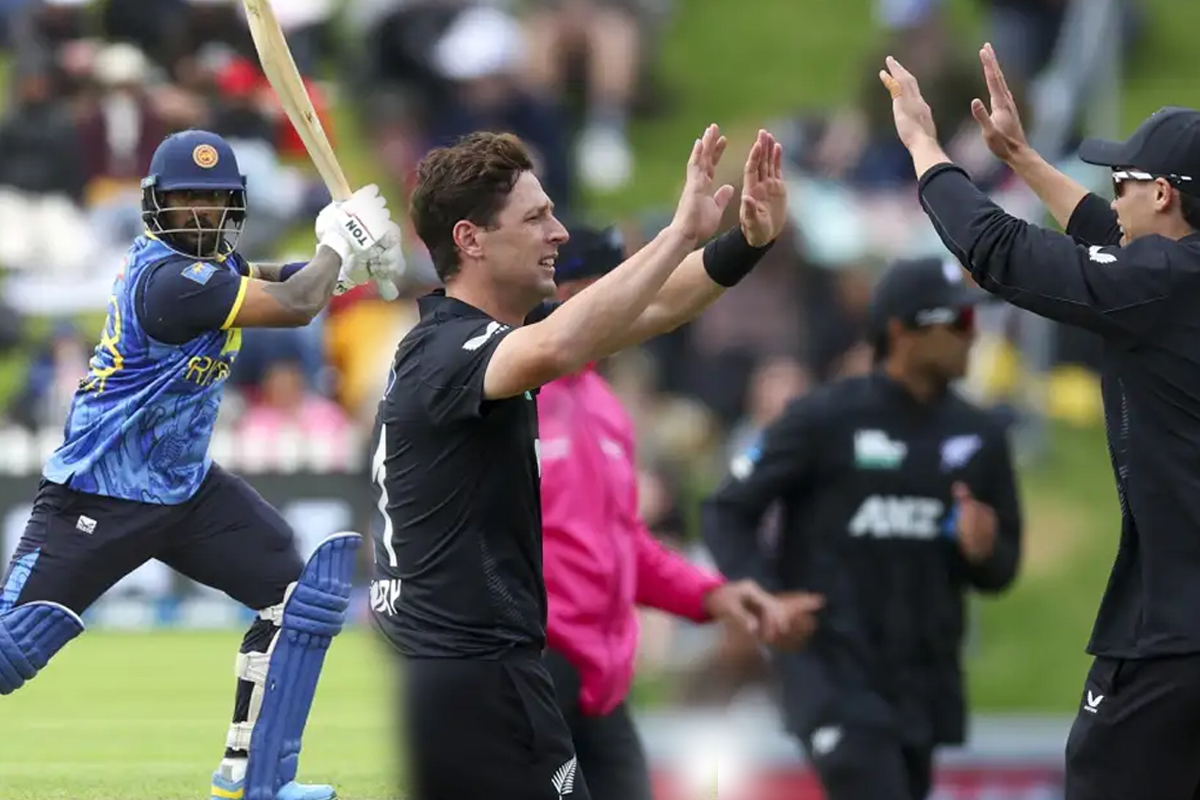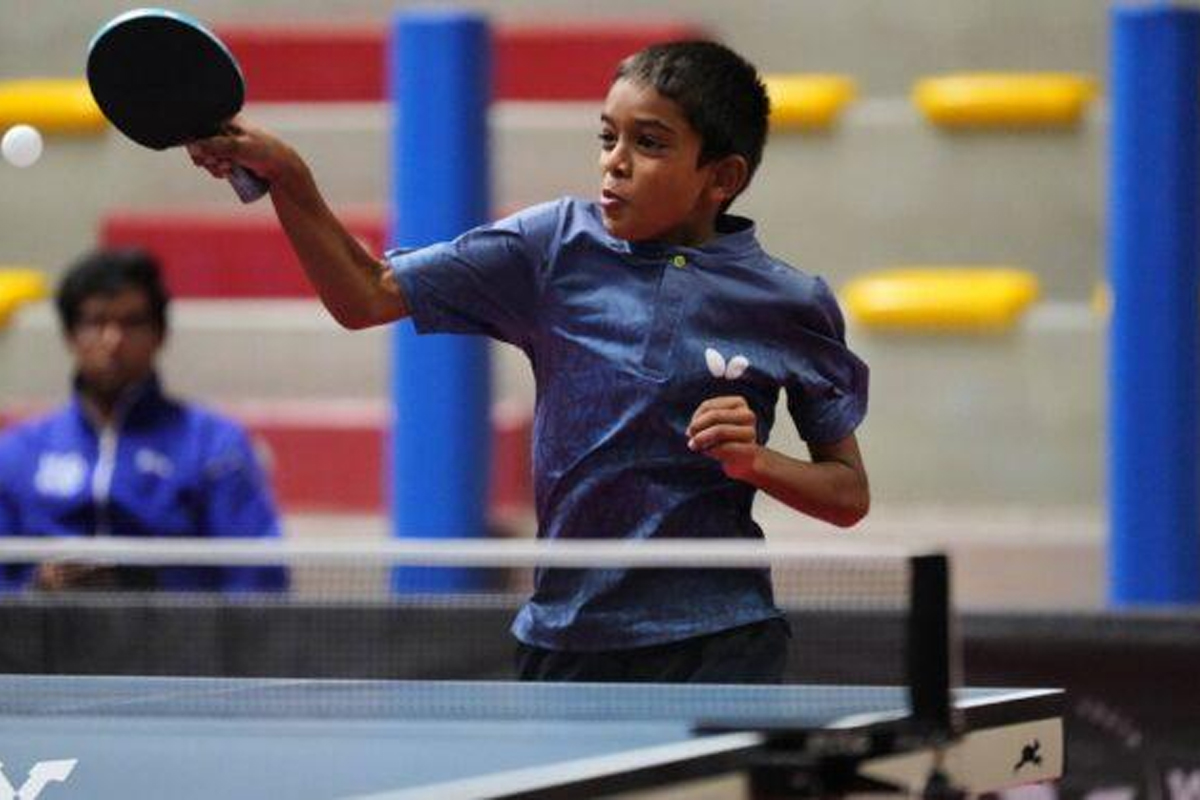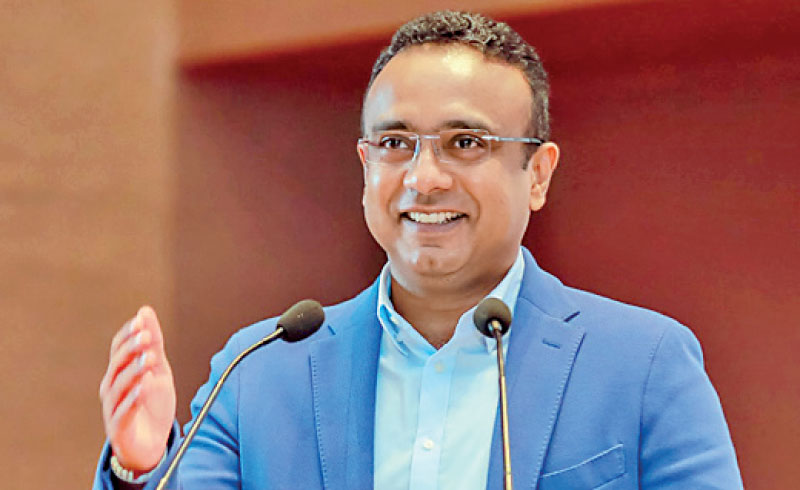Swarathma, the legendary folk-rock band originating from Bengaluru, is gearing up to revolutionize the live music experience with their upcoming nationwide tour powered by solar and clean energy. This ambitious initiative marks a significant milestone for the band as they prepare to unveil their highly anticipated fourth studio album, ‘Raushan,’ later this year.
Known for their electrifying performances and diverse musical style, Swarathma’s tour will transcend traditional concert experiences by incorporating a portable clean energy system to replace conventional diesel generators. This eco-conscious approach aligns with the band’s commitment to sustainability and environmental activism, offering audiences a unique blend of entertainment and responsible energy consumption.
The multi-city tour spans major urban centers such as Mumbai, Bengaluru, Pune, Hyderabad, Indore, Gurgaon, and Jaipur, promising an immersive and unforgettable concert experience that merges entertainment with eco-friendly practices. Concurrent with the tour announcement, Swarathma released a heartwarming music video for the title track ‘Raushan,’ a song embodying themes of hope and resilience, serving as a prelude to their upcoming album.
Collaborating with solar energy pioneers Sustain Plus Energy Foundation and SELCO Foundation, along with energy storage experts AmpereHour, Swarathma has spearheaded the development of a revolutionary clean energy power unit that will power their concerts nationwide. This innovative partnership aims to set a new standard for environmentally-conscious entertainment and inspire sustainable practices within the music industry.
Speaking exclusively with News18 Showsha, Swarathma spoke about their upcoming studio album, their on-going tour and their collaboration with SELCO Foundation.
Here are the excerpts:
Can you tell us more about the inspiration behind your upcoming fourth studio album Raushan and how it differs from your previous work?
Varun – Our songs happens because of what is happening in our lives in that moment or what we are experiencing around us at that point in time. Sometimes a certain subject or conversations influences us to write a song, sometimes the music we are listening to around a certain phase influences us to write a certain way or explore something new. The songs that will be a part of Raushan is no different in that sense. We continue to approach it the same way. At the point in time, some of the songs are ready and some are still worked on as we speak. So, at this point, it is hard to say if there is a specific theme behind the whole album or the sound we are going after. Sometimes, we start an idea with a certain sound in mind but how it shapes up while we are producing it in the studio takes a different route. We’re taking it as it comes and what feels/sounds good to us.
Your unique blend of folk-rock music has captured audiences for over two decades now. How do you think your sound has evolved over the years, especially with the upcoming release of your fourth album?
Varun – I believe our sound has changed over the years with each album. You can see the shift or influence from the first self titled album to Topiwalleh and then, Raah e Fakira. I believe, each of us are growing as musicians and learning music each day in completely different directions and that becomes a part of what we are writing. We are certainly not approaching this album with a fixed sound in mind. We like to take each song and treat it in a way that justifies that specific track. In current times, where the trends are more towards listening to singles more than binging on an entire album, it becomes even more important to treat each song for what it is and not be caught up with a fixed overall sound. One thing that you can expect from this album is variety and sense of familiarity.
It’s been 5 years since your last album Raah-E-Fikra was released. It was rich in flavours and quite experimental. What can you recall about creating that magnum opus?
Varun – Raah e Fakira is a special album for me. This was the first album for us where we did not have an external producer and we did not go to a different city looking for a studio to record the album. It was a complete home production for us because we recorded and mixed the entire album at my studio space in Bangalore – The Red Music Box. That is a big achievement for us to be able to have the luxury to produce our own album. It was great fun working on it and I recollect the excitement I had as each song was taking shape. It turned out to be an incredible album with some great songs on it. Also, we have been known for our creative album artworks since the first album which is something we really miss having now. For this album, we made up for it by working on a really cool graphic comic with stories about each song and the lyrics in it. This is a total swarathma flavoured package that one needs to binge, if you haven’t already.
Given your track record of memorable hits like Pyaasi, Naane Daari and Kaash, How do you aim to create a set list for your upcoming tour that balances fan favourites with new material from Raushan?
Varun – For any band, it is a tough choice to make set lists. There always comes a time when we need to drop some of the songs to make space for the newer ones. On this tour we really want to showcase the newer tracks, but at the same time the duration of the show allows us to still play some of the fan favourite material as well. We’re also trying to keep the set list in line with the theme of these shows and have more relatability. The overall set will have slow, mid tempo and heavier tracks to balance out and create a nice graph from beginning to the end.
Can you walk me through the creation of some of the most iconic tracks from your rich repertoire like pyaasi with Shubha Mudgal ji, Topiwalleh, etc?
Varun – Pyaasi as a song, happened when Vasu was on a train journey and was over hearing a conversation between a couple of young boys and an old lady. The conversation sparked a thought in him which led to the song. As a band, it was our dream to have Shubha ji feature on that song. But, we were too young to approach her back then and had no network to get through. Thankfully, she heard the track on a caller tune while contacting our then Manager from Mumbai and asked whose song was it. We were thrilled to then reach out to her which led the beautiful collaboration version which also featured in the music video for the same. On the other hand, Topiwalleh took a very long time for us to write. We jammed on that groove and melody for a long time before penning down the lyrics with our good friend Imran. Many of our songs are written over longer periods of time. We like to mull over an idea until it naturally becomes something cool.
Could you share any anecdotes or stories from past performances that have really resonated with you as a band and continue to inspire your live shows and music creation process?
Varun – Each of us drives inspiration to write a song from various different sources. For Vasu and Jishnu, largely it comes from current topics and things that happens in and around them. For me, my ideas are musical and less thematic. I feel the way notes blend together creates certain mood and vibe that sometimes words really can’t express. I am always behind finding the right mood and vibe. We have played several gigs and each of us carry different memories that we like to revisit and live through every now and then. For some of us, it is the action replay series of concerts we used to do, where in we’d like to take our shows to places where it was least expected – old age homes, blind schools, leprosy centres and the likes. Also, memorable gigs like opening for the one and only A.R. Rahman in Bangalore and Pune at NH7 Weekender and even the recent Independence Rock and Mahindra Percussion festival where we put up a percussive set for the first time. Each experience is new and we love it.
How did the idea of powering your nationwide tour with solar and clean energy come about, and what impact do you hope it will have on the music industry and the environment?
Sanjeev – Few months ago we had a chance to work with SELCO Foundation on a project. And during that we were witness to the great work done by them in the solar energy field in the rural parts of Karnataka. We were like, if the solar power could be harnessed to operate such heavy machinary, it must be possible to use it to power at least some parts of a musical performance. After doing some math, and consulting the experts in the field, it became clear that this would be difficult, but doable. It’s great to see what started of as an informal conversation in the back seat of a car, coming to fruition. As regards to the impact, we believe this is only a first step towards making concert experience more sustainable. While this isn’t the first time a concert is being powered be solar energy, we hope it raises awareness towards using cleaner sources of energy to power different kinds of events.
Collaborating with organizations like Sustain Plus Energy Foundation and SELCO Foundation must have been an exciting venture. Could you share with us how this partnership influenced the planning and execution of the tour?
Sanjeev – The collaboration with our partners on this tour has been very exciting. Starting from conception, and then planning and execution of anything close to this scale, has been a truly a great learning experience for us. To be able to pull this off without the help from our partners would have been impossible. At the start we were not even sure if it would be even possible to power a part of the concert experience via clean energy. We were both nervous and excited when Sunny (the aptly named truck that carried the battery pack) powered our first soundcheck on the tour. And once that went off without a hitch, we knew it was possible to do this. Thanks to our friends at SELCO Foundation, Sustain Plus and AmpereHour for helping us pull this off!
Swarathma has been known for its advocacy for environmental causes. How do you balance incorporating activism into your music while still creating an entertaining and engaging experience for your audience?
Sanjeev – We try to write songs about things that affect us in our daily lives. Music is a medium for us to express our opinion, while not being preachy. While our songs cover a wide range of topics, we believe when the expression is honest it touches the listeners in a deep way. And when we perform our songs live, we try to make it more interesting while having fun on stage. The energy flow between the audience and us is the best part of a live performance!
With your extensive experience performing at various festivals and events, what are you most looking forward to with this nationwide tour, particularly in cities like Mumbai, Bengaluru, Pune, and Jaipur?
Jishnu: Apart from the music? Food! We’re a band of hungry explorers keen to try cuisines and dishes from various parts of our beautiful country. Most times we go to a new city, we reach out to our fans to suggest places for a memorable meal. Of course, there is the experience of different kinds of audiences, their musical tastes and the way they respond to our music that is often as refreshingly different as the cuisines of the place.
Swarathma’s music videos have always been visually stunning and impactful. Could you shed some light on the creative process behind the music video for ‘Raushan’ and how it ties into the overall theme or message of your upcoming album?
Jishnu: Thank you for that! The credit for many of our music videos (Pyaasi, Rang Zinda Hain, Beta Sweater Pehno, Mushkil Mein Jeena) goes to our vocalist Vasu Dixit, a filmmaker himself.
But for the Raushan music video we worked with young talented filmmaker Anami. Since we were coming back with a music video after a long gap, we felt the need for a performance oriented one, featuring the members of the band. However we wanted to capture the essence of Raushan, a song about light, lightness and liberation. Anami and her team were able to translate that vision beautifully into a video that tells the story of Raushan through the eyes of a little girl and her relationship with the light that she follows, a metaphor for our own search for illumination.
As pioneers of India’s cultural movement, how do you see Swarathma’s role in intertwining tradition with modernity through your music, especially in the context of your collaborations and cross-cultural influences?
Jishnu: Firstly, you are too kind to call us pioneers, we are only following in footsteps of stalwarts. As for intertwining modernity and tradition – that is a natural response to living in a country as steeped in tradition in ours and yet one where the youth is reaching out bravely into a modern world. I have found through live performance experiences that the most sophisticated audiences will groove to a street-style folk beat, and the most uninitiated audiences will learn how to headbang in moments. Music is thankfully unfettered by boundaries that we hold in our minds.

















